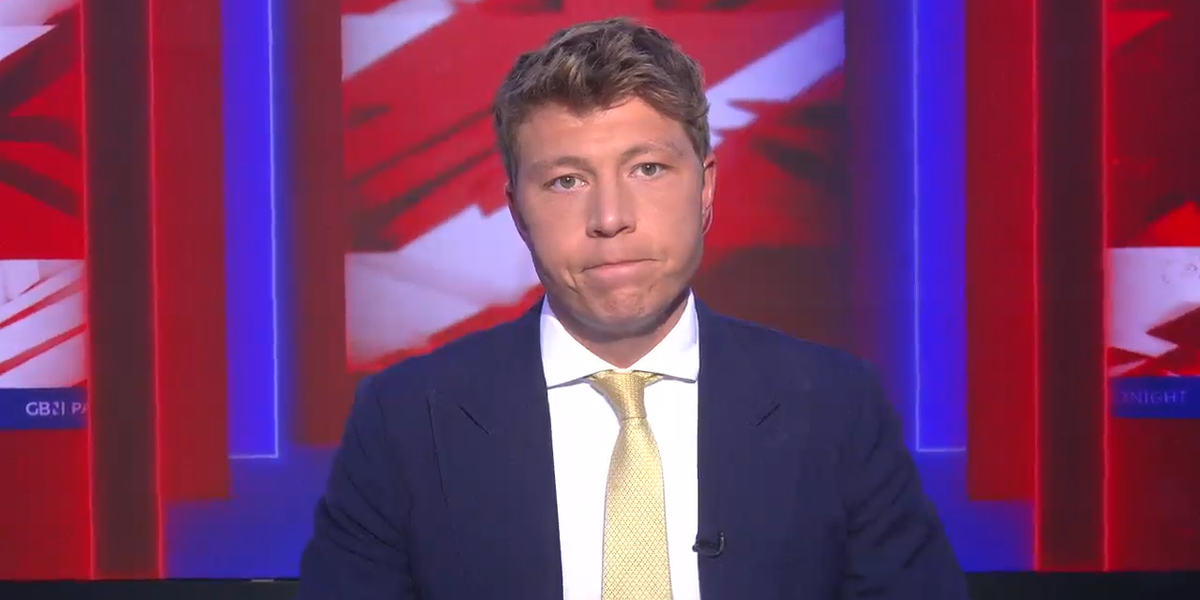The Winter Fuel Payment Cuts: A Callous Decision with Dire Consequences
As winter approaches, the chilling reality of the government’s decision to cut the Winter Fuel Payment looms large over the elderly population in the UK. Sir Keir Starmer and Chancellor Rachel Reeves have made a controversial choice that could leave many pensioners vulnerable to the harsh conditions of the season. This decision, framed as a cost-saving measure, raises serious ethical questions about the priorities of the Labour Party and the implications for some of the most vulnerable members of society.
The Financial Implications of the Cuts
The Winter Fuel Payment, a crucial financial lifeline for many elderly individuals, has been slashed in a move that is expected to save approximately £1.4 billion. Critics argue that this money has already been allocated elsewhere, primarily to appease union interests and bolster political agendas. The decision to cut this vital support has been met with outrage, particularly given the stark reality that the funds could have been used to protect the elderly from the bitter cold of winter.
A report from the Labour Party itself has revealed a shocking statistic: as many as 4,000 elderly individuals could face life-threatening conditions due to the withdrawal of this support. This alarming figure underscores the gravity of the situation and the potential consequences of political decisions made in the name of fiscal responsibility.
A Vote of Indifference
In a recent vote, the Labour Party’s decision to cut the Winter Fuel Payment was solidified, with only one MP, John Trickett, standing against it. The majority of Labour MPs chose to abstain, a move that many interpret as a cowardly evasion of responsibility. Among those abstaining was Diane Abbott, a figure known for her vocal advocacy on social issues. This collective silence from the Labour Party raises questions about their commitment to the welfare of the elderly, particularly when the stakes are so high.
The leader of the SNP in Westminster, Stephen Flynn, recounted a disturbing scene where he witnessed a Labour MP celebrating the decision to cut the Winter Fuel Payment. Such reactions highlight a troubling disconnect between political maneuvering and the real-life consequences of these decisions on vulnerable populations.
The Human Cost: Stories of the Affected
Among those who will feel the impact of these cuts is Jim O’Dwyer, a 99-year-old World War II veteran. Having bravely served his country by flying 31 missions on Lancaster bombers, Jim now faces the prospect of enduring a cold winter due to the loss of his Winter Fuel Payment. The rationale behind the cuts—targeting individuals with small private pensions—feels particularly unjust when considering the sacrifices made by veterans like Jim.
This situation raises an uncomfortable question: are the elderly being punished for their political affiliations? The perception that pensioners are less likely to vote Labour may have influenced this decision, suggesting a troubling trend in prioritizing political gain over the welfare of those who have contributed to society throughout their lives.
A Disparity in Support
While the elderly face cuts to their essential support, newly arrived refugees receive a level of assistance that starkly contrasts with the treatment of pensioners. Local councils provide comprehensive support to refugees, including financial aid for housing, help with welfare benefits, and even assistance with medical appointments. This disparity raises concerns about the prioritization of resources and the message it sends about who deserves support in our society.
The question remains: why is there such a significant difference in the level of care provided to these two groups? While it is essential to support those in need, the lack of comparable assistance for our elderly population is a glaring oversight that cannot be ignored.
Conclusion: A Call for Compassion
As winter approaches, the decision to cut the Winter Fuel Payment stands as a stark reminder of the choices made by those in power. The potential consequences for vulnerable pensioners are dire, and the ethical implications of such a decision cannot be overlooked. It is imperative that we advocate for the rights and dignity of our elderly population, ensuring that they are not left to suffer in silence.
In a society that values compassion and support for all, we must demand that our leaders prioritize the welfare of those who have given so much to our country. The time for action is now—let us not allow the elderly to face a cold winter alone.
